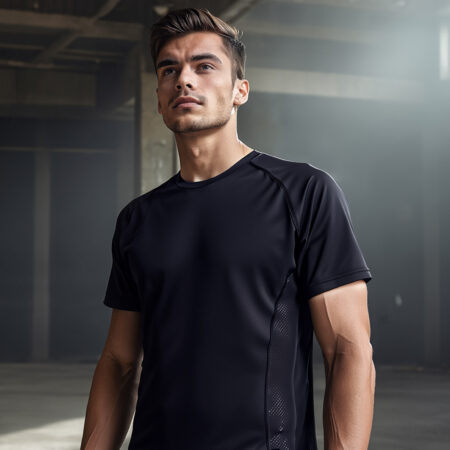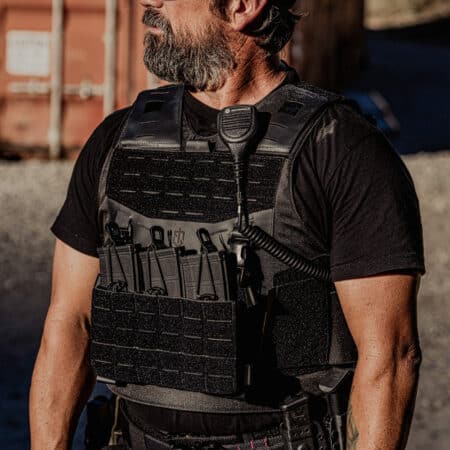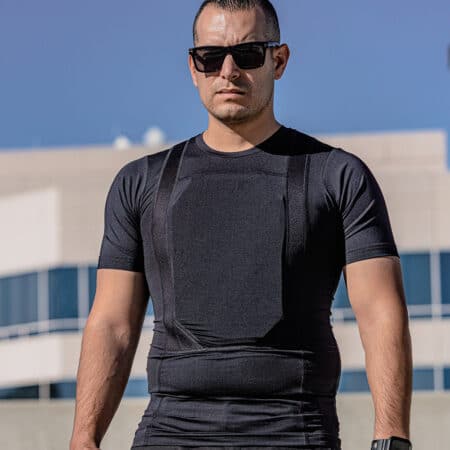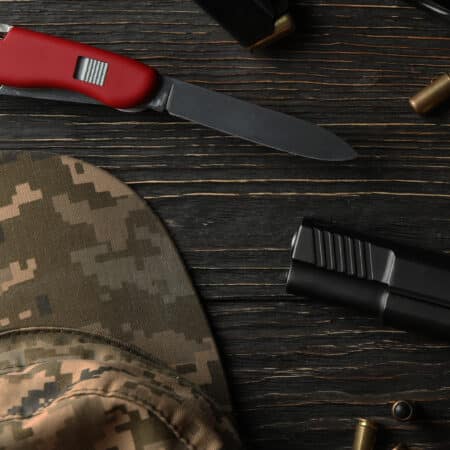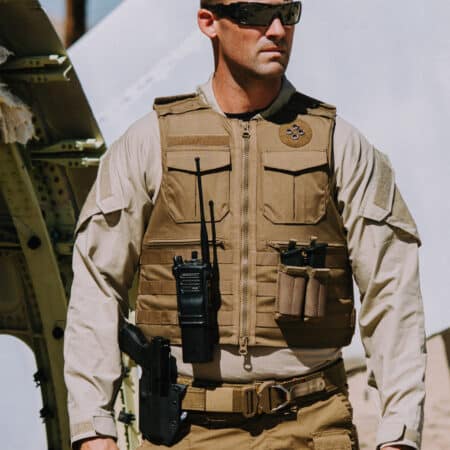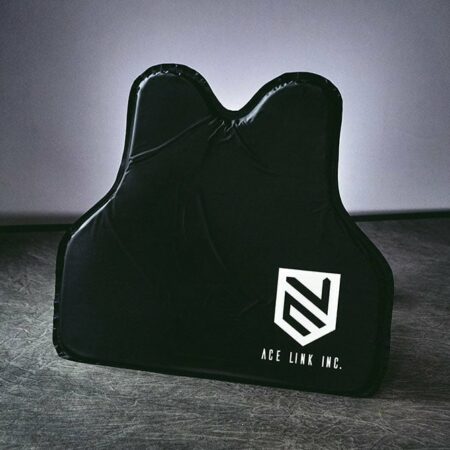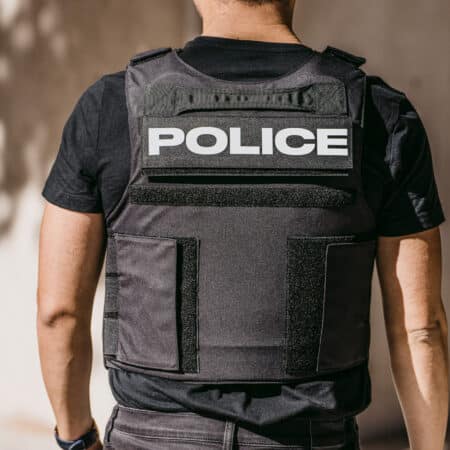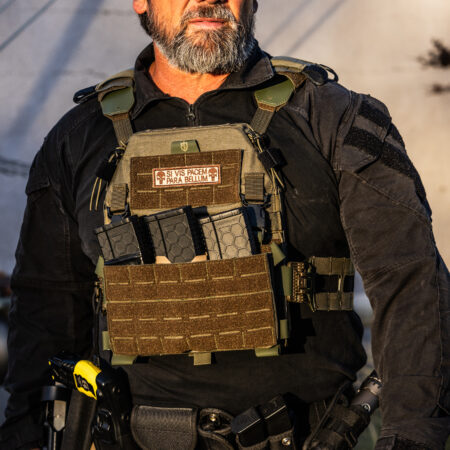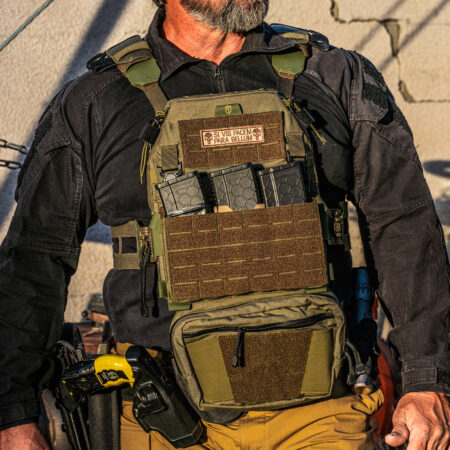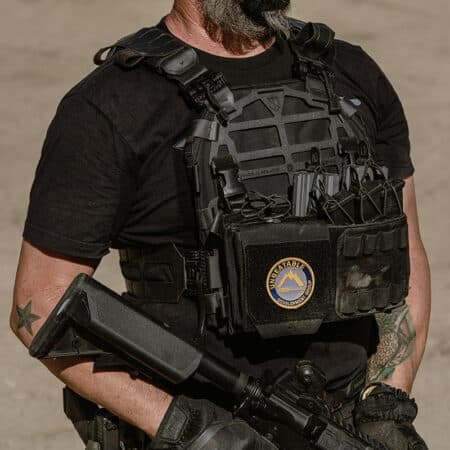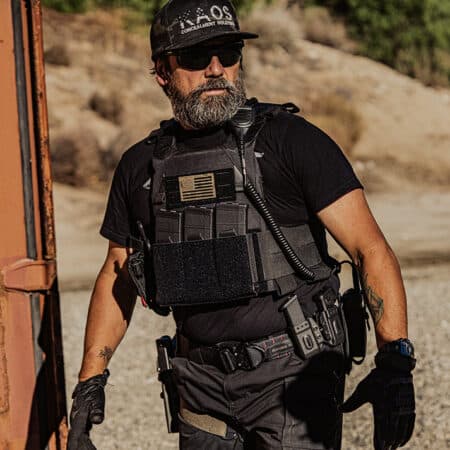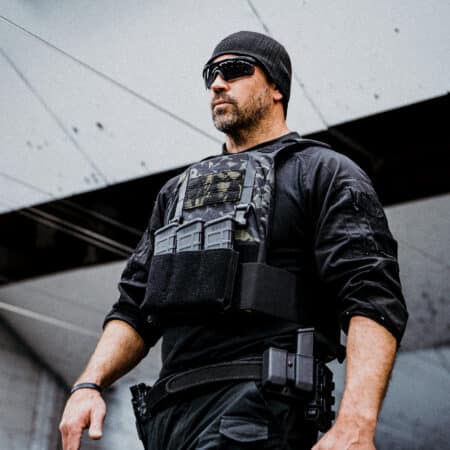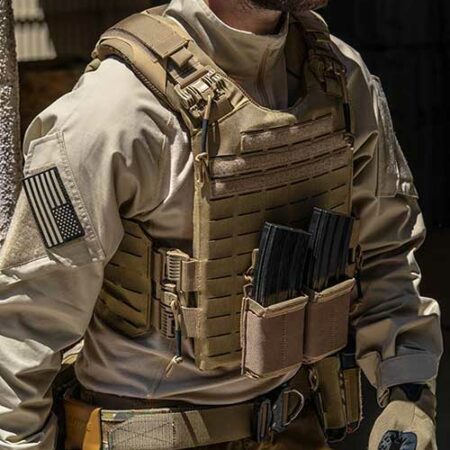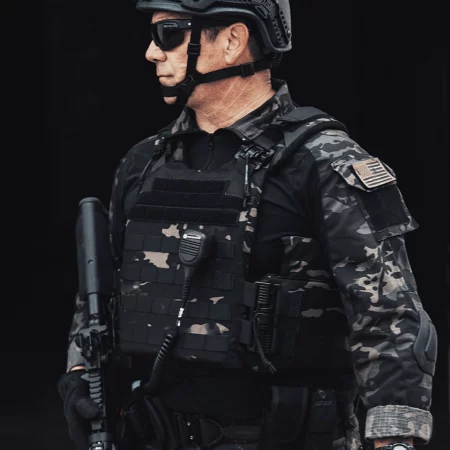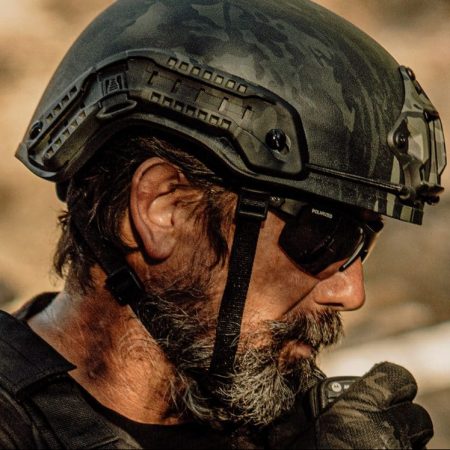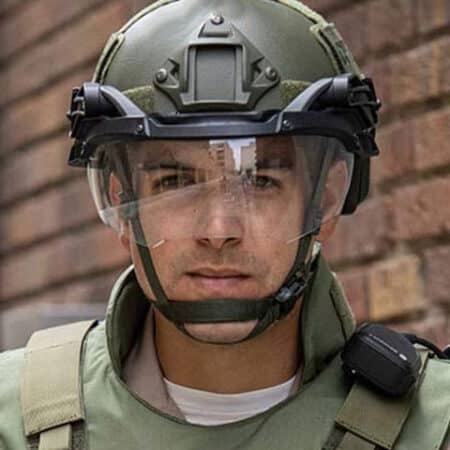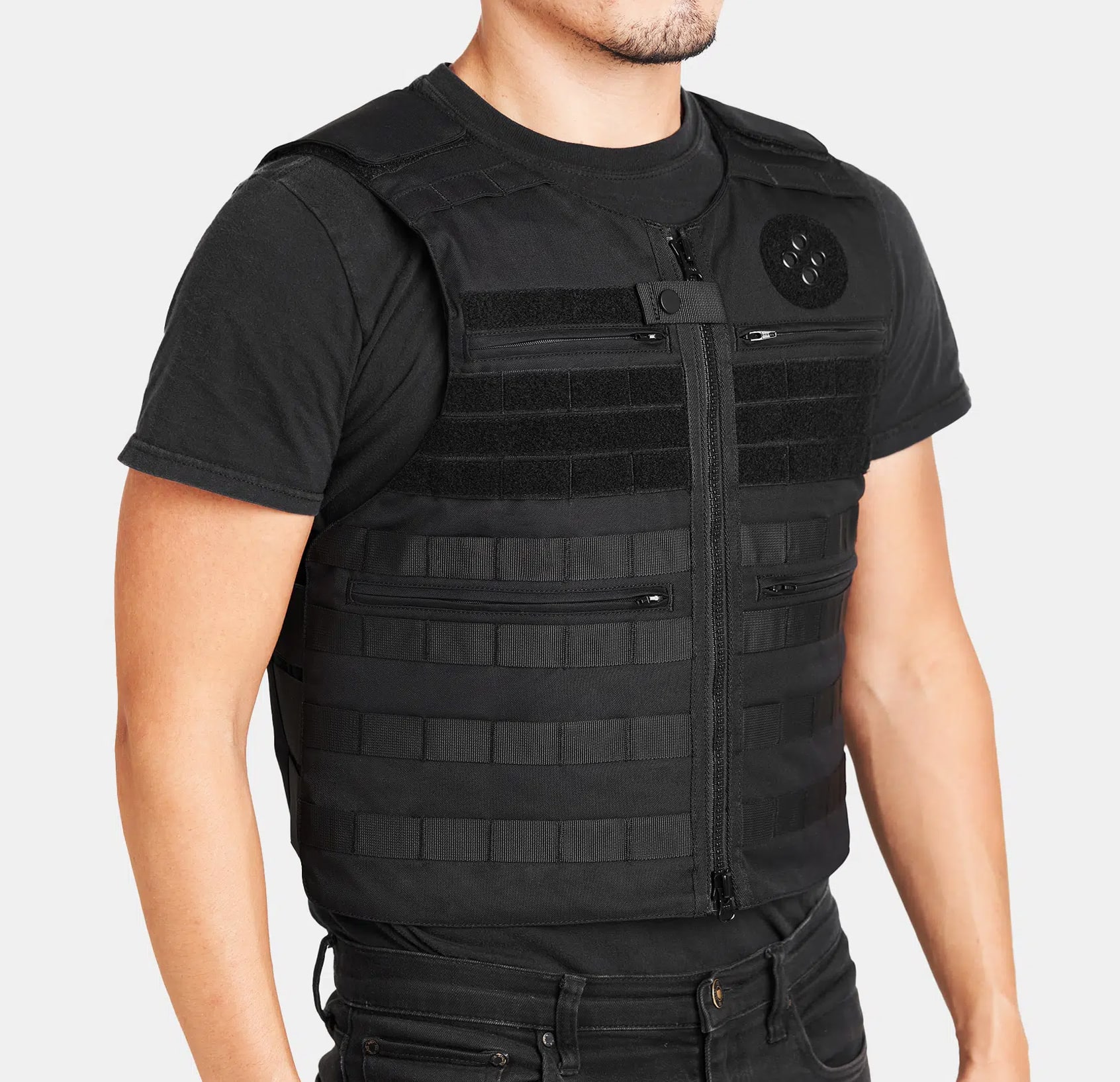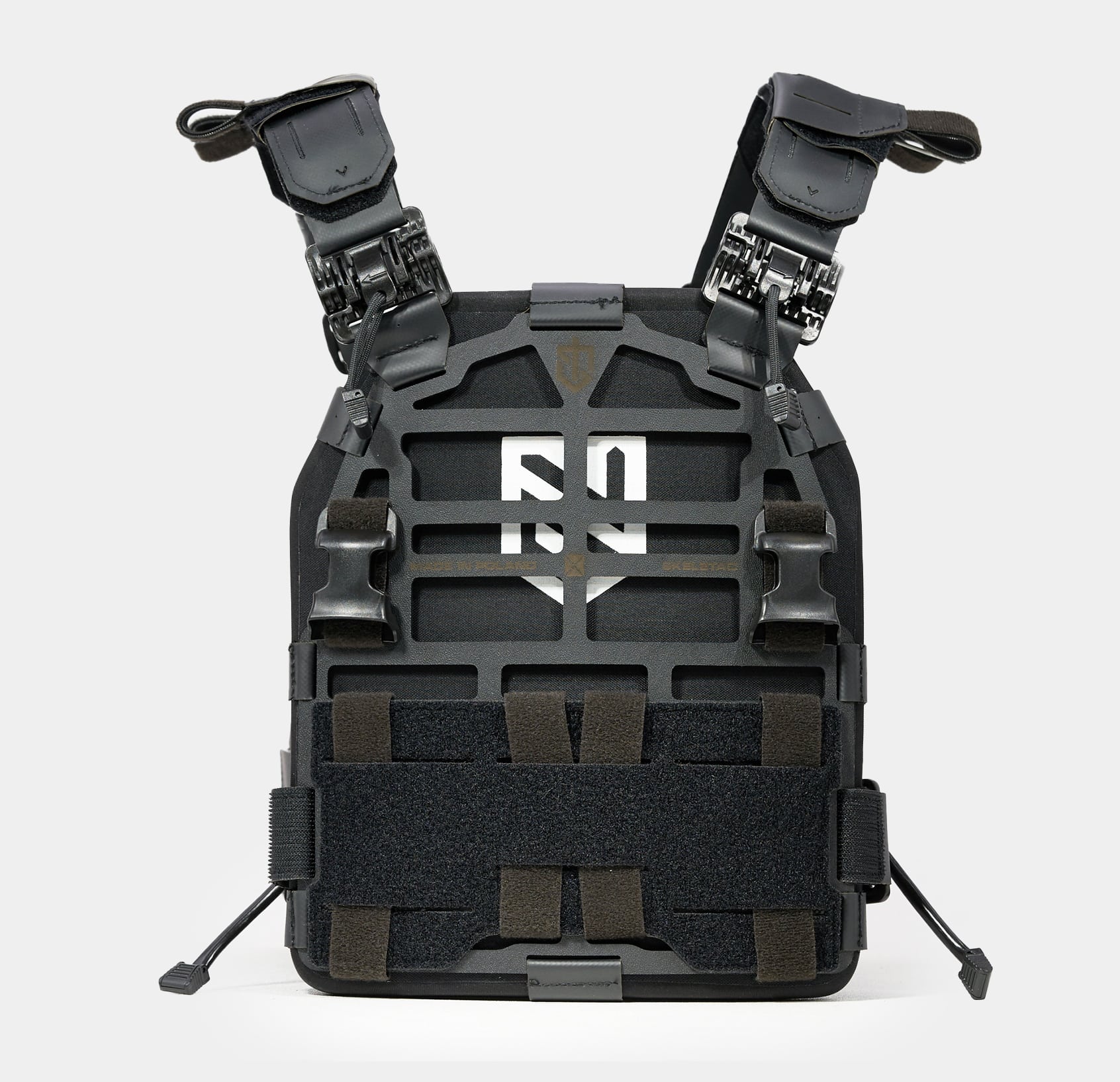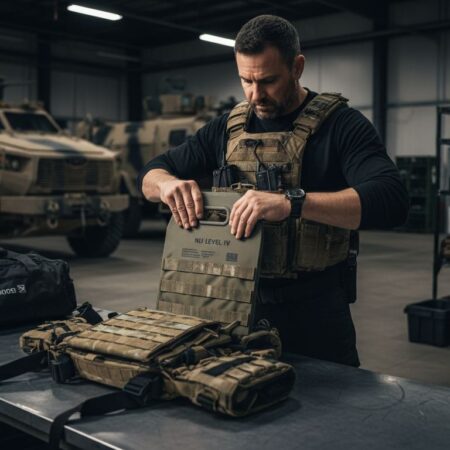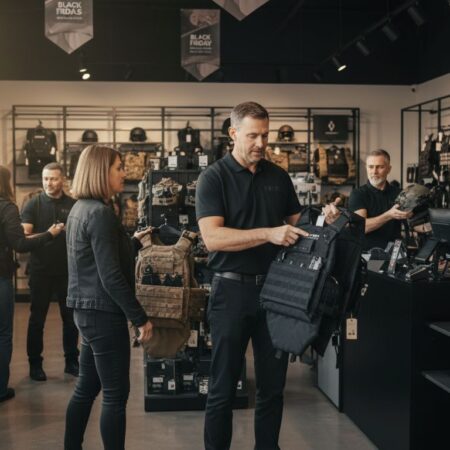Rifles vs Shotguns vs Pistols: Which is best for home defense

According to research conducted by Pew Research Center, 72% of firearm owners in the US cite home defense, self-defense, or personal protection as the reason for owning firearms. Moreover, over 80 % of American gun owners say that they feel safer because of their firearms.
So, it’s quite obvious that we take personal protection very seriously in this country. When it comes to choosing a firearm for self-defense, there are a lot of options. Every other person will give you their opinion, and swear by one type of gun while saying that the rest don’t work. This can make it very challenging to choose a firearm or other personal defense gear like body armor.
So, here is a quick, and concise article that will get you up to speed on the pros and cons of different types of personal defense gear. Whether it’s understanding which firearm is for self-defense, or buying the best quality body armor on the market for an exceptional price, we at Ace Link Armor have got you covered.
Rifles vs Shotguns vs Pistols:
When choosing a firearm for home or personal defense, you typically have three main options: pistols, shotguns, and rifles. Each type of firearm is suited for different scenarios and comes with its own set of pros and cons.
Pistols:
Pistols are a common choice because they are compact and easy to store securely at home. They can be quickly accessed during a home invasion and are easy to maneuver in tight spaces. Additionally, Due to their smaller caliber, over-penetration—where a bullet goes through walls and might harm someone unintentionally—is generally less of an issue. For home defense, it’s best to choose a full-sized pistol, like the Glock 17 or Glock 19, which offers high magazine capacities and reliable performance. When it comes to personal defense or your everyday carry pistol, you should choose a more compact option, which is easier to conceal. Pistols like the Springfield Hellcat, and the Sig P365 are great options for personal defense pistols.
However, with pistols, the caliber is an important consideration. For home defense and concealed carry, calibers like 9mm and .357 Magnum are effective choices. They offer a good balance between stopping power and manageable recoil. Anything smaller than these calibers, such as .22 or .25, would be impractical for home defense due to their limited stopping power. You can also go for bigger pistol calibers, but in most cases, the higher the caliber, and lower the magazine capacity. Still, 45 ACP is a great option for home defense, since it has a lot of power, and several pistols offer a decent magazine capacity with .45 ACP.
Shotguns:
Moving on to shotguns, they are one of the most popular choices for home defense. Shotguns have several advantages: they are affordable, deliver a lot of stopping power, are easy to shoot, and have a low risk of over-penetration.
Shotguns fire shotshells filled with small pellets that spread out upon firing. This spread increases the likelihood of hitting the target, even if you just point and shoot without precise aiming. Among the various types of shotshells, 00 buckshot is the best option.
Another advantage of shotguns is that they are loud and scary, and in many situations, even a warning shot can be enough to deter a Criminal or Home Invader.
While shotguns might seem like the ultimate home defense weapon, they do have their drawbacks. They are typically quite long, making them difficult to maneuver through tight doorways and corridors. Additionally, shotguns have limited range. Although you can use slugs to extend the range a bit, shotguns still don’t reach as far as rifles or pistol-caliber carbines.
Rifles:
Rifles are also excellent options for personal defense. They have a lot of stopping power, very high capacity, a long effective range, and great accuracy as well. However, most rifles are quite long, especially since they legally need to have a 16-inch barrel. The even bigger problem with rifles is the risk of over-penetration. For Instance, A 5.56 round fired from an AR-15 can penetrate through an intruder and continue through multiple layers of drywall, posing a risk of hitting unintended targets.
Rifles are ideal for situations where you have a large homestead to protect. For instance, if you live on a farm or a ranch, rifles are the way to go, since they allow you to engage possible intruders at a longer range, more accurately. Moreover, they are great for protection against wild animals, because of their higher stopping power.
The Importance of Body Armor for home defense:
When it comes to home defense, you need to do everything you can to stack the odds in your favor, and this includes investing in some high-quality Body Armor.
Not only will Armor protect you against armed intruders, but it also allows you to organize your entire self-defense loadout efficiently, so that when the moment comes, all you need to do is throw on your vest, and you have all of your combat gear ready to go, with Magazines. Med Kits, flashlights, and anything else you may need.
Now, one thing that you should keep in mind is that I’m not suggesting that you put on your armor, pick up your home defense weapon, and go into the dark to clear your home. I do think that is the wrong move. Personally, I’d like to get all of my loved ones into one pre-designated room, barricade it, and then call the police, who’ll show up with rifles and body armor and clear the house for me,
At the same time, I know that in a realistic situation, things rarely go according to plan. So, having a ballistic vest, or plate carrier can be quite helpful, and it can give you a lot of confidence so that if you do have to go out, and defend your home, you would be best equipped to do it.
Product Comparision
What Kind of body armor should you use for home defense?
When it comes to armor, you have two options, you can go with soft armor bulletproof vests, or use plate carriers with hard armor plates. Generally, Ballistic vests offer protection against Pistol calibers, however, they are lighter, more comfortable, and offer more coverage.
On the other hand, hard armor plates can stop most rifle rounds as well, but they are heavier, and offer less coverage. In my opinion, Soft armor vests are a better option, unless you’re expecting to defend your home against a “tactical unit of petty Criminals”.
Still, many people do prefer plate carriers, perhaps because they look cooler, and offer more customization options. They are also easier to put on in a high-stress situation.

CIBV CATAPHRACT BULLETPROOF VEST
The CIBV Cataphract Integrated Ballistic Vest is a high-quality, versatile bulletproof vest / plate carrier hybrid that is perfect for a variety of tactical applications. It is made of durable 500D Cordura with IRR treatment, making it resistant to wear and tear and non-reflective.
CIBV Cataphract can accommodate both hard armor plates (10×12″) and soft armor inserts, making it adaptable to a wide range of threats. It also features a laser-cut MOLLE platform for attaching additional pouches and accessories. The vest is further adjustable to fit a variety of body sizes and shapes.
It is a reliable and durable plate carrier that is perfect for law enforcement, military, and security professionals. It is also a good choice for civilians who need a high-quality protective vest.



